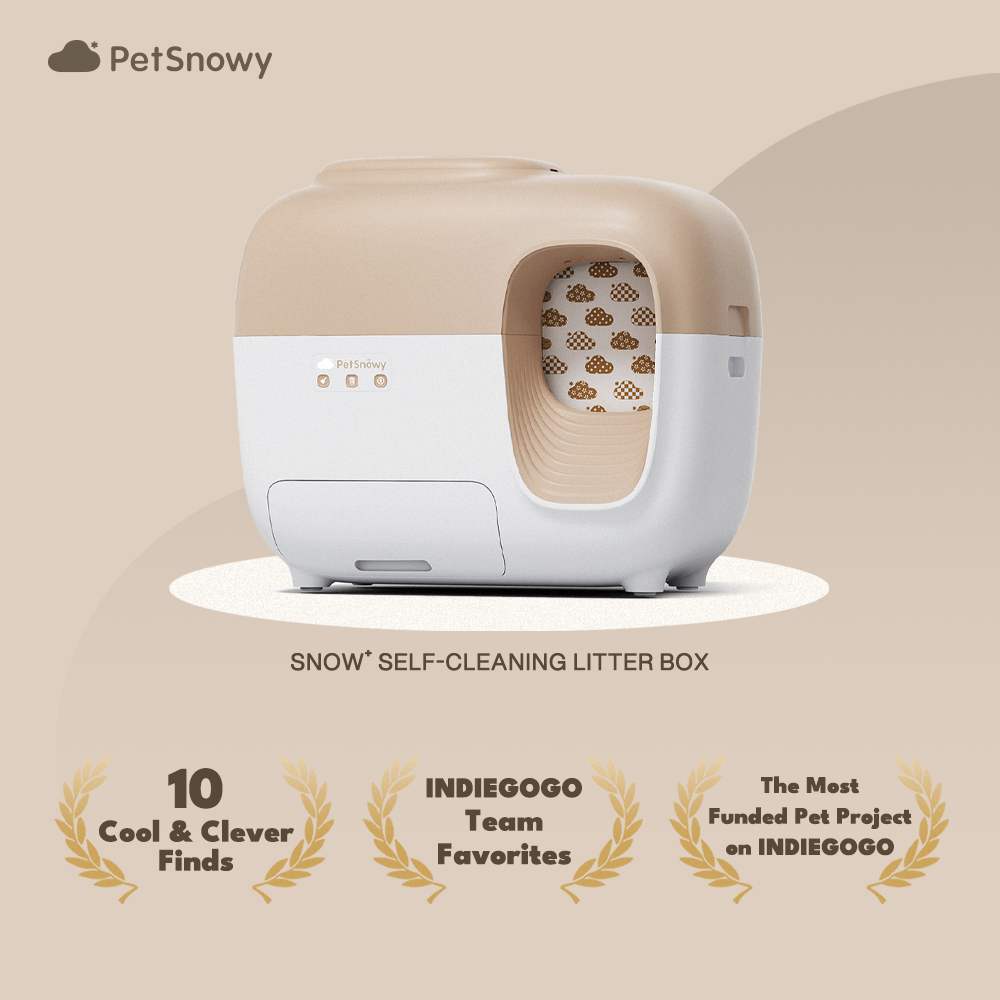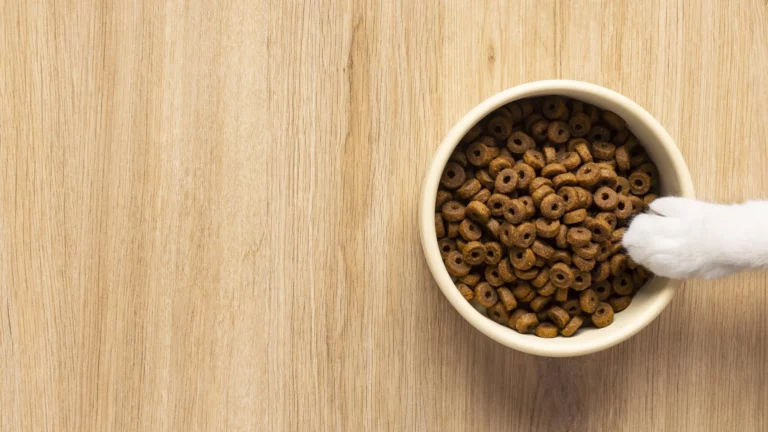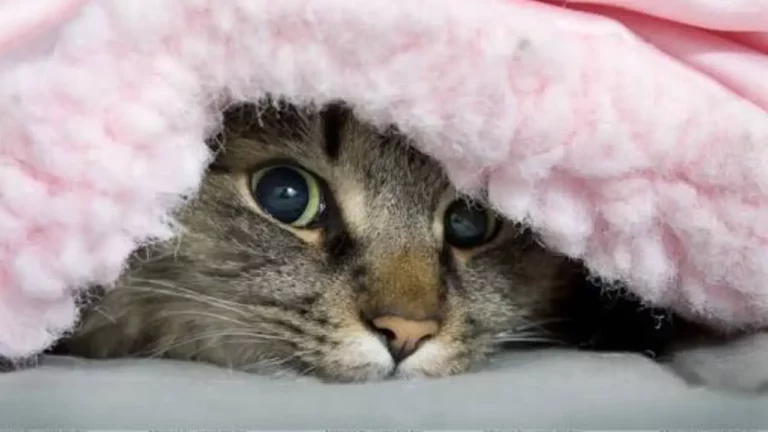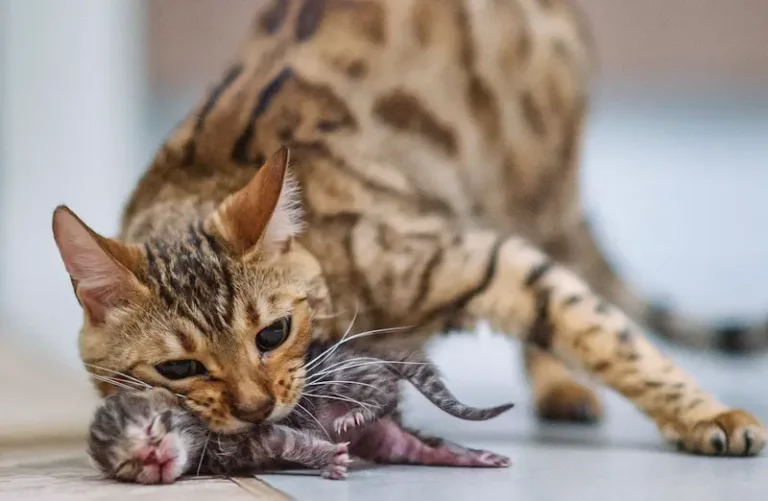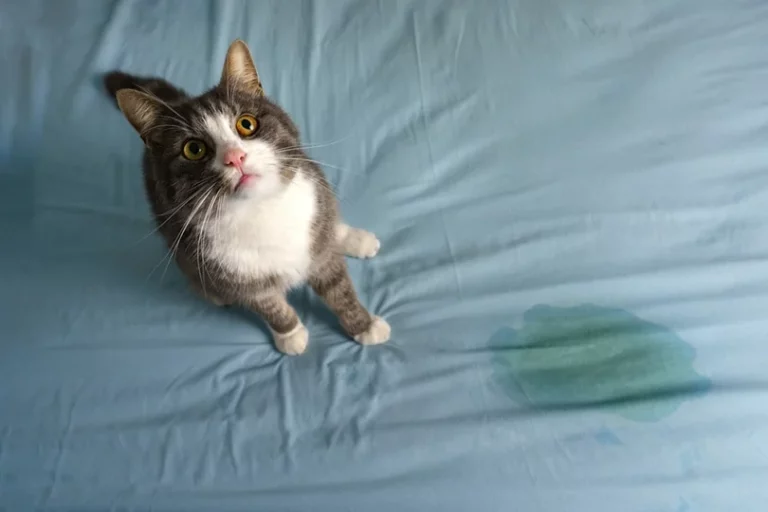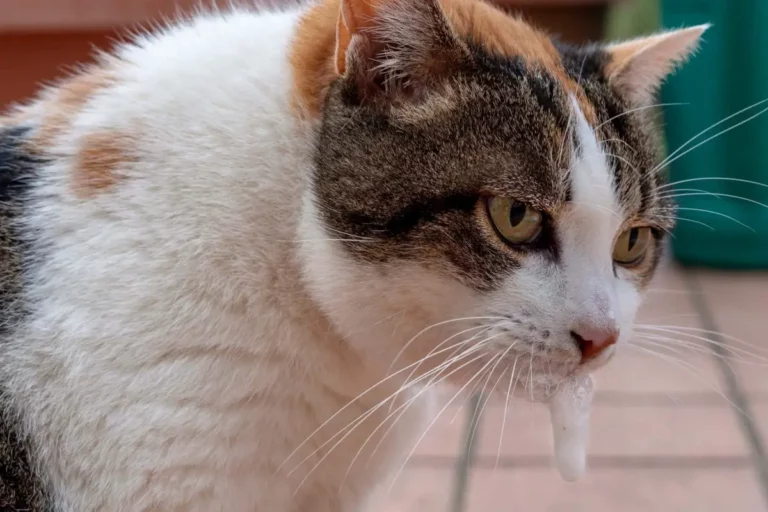Why Does My House Smell Like Cat Pee? Unraveling the Mystery
Are you struggling with a persistent cat pee smell, even after cleaning the litter box? This frustrating issue is not only unpleasant, but could also impact the health of your feline and family.
This post explores potential reasons behind this smell, effective odor removal methods, and prevention techniques to keep your home fresh. Understanding these factors and applying practical solutions helps maintain a clean, healthy environment for you and your pets.
Key takeaways
Persistent cat pee smell can be due to unclean litter boxes, marking behaviors, or medical issues.
Effective cleaning methods, like enzyme cleaners, can remove the odor.
Regular cleaning of litter boxes and checking for ‘accidents’ can prevent the smell.
Changes in a cat’s behavior or health could be underlying reasons for inappropriate urination.
Consult a vet if the issue persists, as it could indicate health problems.
Identifying the Source of the Smell
Before you can tackle the problem of a cat pee smell in your home, it’s essential to pinpoint its source. Here are some steps to help you locate the origin of the odor:
1. Check for cat accidents and hidden spots
Cats may sometimes have accidents outside their litter box or choose to mark their territory in hidden areas. Carefully inspect your home, paying close attention to corners, closets, and other out-of-sight places where your cat might have urinated. Look for stains on carpets, floors, furniture, and walls, and use your sense of smell to detect the strongest odor concentration.
2. Inspect other possible culprits
If you’ve thoroughly checked your home and found no evidence of cat accidents, it’s possible that the smell might be caused by something else. Some common sources of unpleasant odors similar to cat urine include:
- Unclean litter box: An unkempt litter box can emit strong odors even if your cat isn’t having accidents elsewhere. Ensure that you clean the litter box regularly and replace the litter as needed.
- Dampness and mold: A musty smell can be an indication of dampness or mold growth in your home. Examine your walls, ceilings, and floors for signs of water damage or mold, and address these issues promptly.
- Other household items: Some household items, like certain cleaning products or building materials, can emit a smell similar to cat urine. Take note of any recent changes in your home, such as new furniture or renovations, that could be contributing to the odor.
By identifying the source of the smell, you can take the appropriate steps to eliminate the odor and prevent it from returning.
Common Reasons for Cat Pee Smells
Once you’ve identified the source of the cat pee smell in your home, it’s important to understand the factors contributing to the issue. Here are some common reasons why your house might smell like cat urine:
1. Inadequate cleaning of cat accidents
If you’ve found evidence of cat accidents or marking in your home, it’s crucial to clean the affected areas thoroughly. Inadequate cleaning can leave behind traces of urine, which continue to emit an odor even if you can’t see the stains. Be sure to use appropriate cleaning solutions and techniques to ensure complete odor removal.
2. Health issues in cats
Certain medical conditions, such as urinary tract infections or kidney problems, can cause your cat to urinate more frequently or produce urine with a stronger odor. If you notice a sudden increase in accidents or changes in your cat’s litter box habits, consult your veterinarian for a check-up and possible treatment.
3. Behavioral problems
Cats may urinate outside their litter box due to stress, anxiety, or marking behavior. Identify any changes in your cat’s environment or routine that might be causing stress, and consider providing additional resources like hiding spots, vertical space, or interactive toys to help alleviate anxiety.
4. Environmental factors
Humidity, poor ventilation, or lingering odors from previous accidents can exacerbate the smell of cat urine in your home. Ensure that your living space is well-ventilated and consider using a dehumidifier if necessary. Regular cleaning and airing out your home can also help to minimize persistent odors.
By understanding the reasons behind the cat pee smell in your home, you can take appropriate measures to eliminate the odor and maintain a clean, comfortable living environment for you and your feline companion.
Effective Cleaning Techniques for Cat Urine Odor
Properly cleaning and neutralizing cat urine odor is crucial to keeping your home fresh and preventing repeat offenses by your cat. Here are some effective cleaning techniques to remove cat urine odors from various surfaces:
1. Using enzymatic cleaners
Enzymatic cleaners contain specific enzymes and bacteria that break down the uric acid crystals in cat urine, effectively neutralizing the odor. These cleaners are available in most pet stores and can be used on a variety of surfaces, including carpets, upholstery, and hard floors. Always follow the manufacturer’s instructions for the best results.
2. DIY cleaning solutions
In a pinch, you can use common household items to create your own cleaning solutions for cat urine:
- Vinegar: Mix equal parts water and white vinegar in a spray bottle. Apply the solution to the affected area, allow it to sit for a few minutes, and then blot with a clean cloth. Vinegar helps neutralize the odor by breaking down the uric acid.
- Baking soda: After cleaning the area with vinegar, sprinkle baking soda liberally over the damp spot. Allow the baking soda to sit overnight, and then vacuum it up. Baking soda absorbs lingering odors and can help to further neutralize the smell.
3. Steam cleaning for carpets and upholstery
For particularly stubborn or deep-set cat urine odors in carpets or upholstery, steam cleaning can be an effective method for removing the smell. Steam cleaners use hot water and cleaning solutions to penetrate deep into the fibers, effectively removing urine residues and odors.
If you don’t own a steam cleaner, you can rent one or hire a professional cleaning service.
By employing these effective cleaning techniques, you can eliminate cat urine odors and maintain a fresh and pleasant living environment in your home.
Prevention Strategies
Preventing the cat pee smell from returning is just as important as eliminating it in the first place. Here are some strategies to help you keep your home odor-free and minimize the chances of future accidents:
1. Regular litter box maintenance
Cats are more likely to have accidents outside the litter box if it is dirty or unappealing. Ensure that you scoop the litter box daily and replace the litter as needed. Clean the entire litter box with mild soap and water at least once a month to keep it fresh and odor-free.
2. Proper litter box placement
The location of your cat’s litter box plays a significant role in their willingness to use it. Place the litter box in a quiet, low-traffic area where your cat can have privacy. Additionally, consider having multiple litter boxes if you have more than one cat or a large home.
3. Addressing feline stress and anxiety
Stressed or anxious cats may urinate outside their litter box as a coping mechanism. Identify any changes in your cat’s environment or routine that might be causing stress, and work to alleviate these factors. Providing additional resources like hiding spots, vertical space, or interactive toys can help your cat feel more secure and less anxious.
4. Creating a cat-friendly environment
Ensuring your home is a welcoming and comfortable space for your cat can reduce the likelihood of accidents. Provide ample resources such as scratching posts, beds, and toys to keep your cat engaged and satisfied. Regularly interact with your cat through playtime and affection to strengthen your bond and promote a sense of well-being.
5. Spaying/neutering your cat
Spaying or neutering your cat can significantly reduce marking behaviors and the associated odors. If your cat is not yet spayed or neutered, consult your veterinarian about the appropriate age and procedure for your pet.
By implementing these prevention strategies, you can minimize the chances of cat pee odors returning to your home and maintain a clean, healthy environment for you and your feline friend.
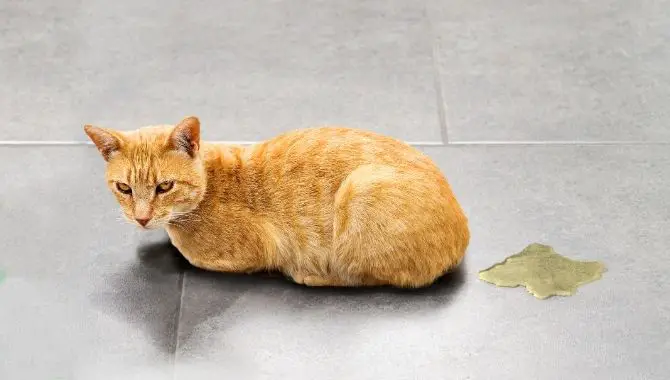
How to Keep Your Home Fresh and Odor-Free
Maintaining a fresh and odor-free home goes beyond simply addressing cat urine smells. Here are some additional tips to keep your living space pleasant and inviting:
1. Air purifiers and dehumidifiers
Investing in an air purifier can help to remove allergens, pet dander, and odors from the air, contributing to a fresher and healthier living environment. Dehumidifiers can reduce moisture in the air, which helps to prevent musty odors and mold growth that might be mistaken for cat urine smells.
2. Natural odor-absorbing materials
Consider using natural materials that absorb odors, such as activated charcoal or zeolite, to keep your home smelling fresh. These odor-absorbing materials can be placed in strategic locations around your home, such as near litter boxes or in areas where your cat has had accidents in the past.
3. Regularly cleaning and ventilating the house
Keeping your home clean and well-ventilated is crucial for maintaining a pleasant and odor-free environment. Regularly clean floors, carpets, and upholstery to remove pet hair, dander, and other debris. Open windows and doors whenever possible to allow fresh air to circulate and help eliminate lingering odors.
4. Using scented candles and essential oils responsibly
While scented candles and essential oils can help mask unpleasant odors, it’s essential to use them responsibly, as some scents can be harmful to your cat. Choose pet-safe options and avoid using excessive amounts, as strong fragrances can be overwhelming for both you and your feline companion.
By incorporating these tips into your daily routine, you can ensure your home remains fresh and odor-free, providing a comfortable and inviting space for you, your family, and your pets.
Frequently Asked Questions
Can the smell of cat pee be harmful to humans?
While the smell of cat pee is generally not harmful to humans, it can be unpleasant and potentially cause headaches, nausea, or allergic reactions in sensitive individuals. Prolonged exposure to strong odors can negatively affect indoor air quality and exacerbate respiratory issues like asthma.
It’s essential to address the source of the smell and keep your home clean and well-ventilated to maintain a healthy living environment.
How do I know if my cat is experiencing a medical issue causing the smell?
If your cat is experiencing a medical issue that causes increased urination or stronger-smelling urine, you may notice changes in their litter box habits, such as frequent or strained urination, blood in the urine, or accidents outside the litter box.
Your cat might also display signs of discomfort, such as excessive licking, loss of appetite, or lethargy. If you suspect your cat has a medical issue, consult your veterinarian for a proper diagnosis and treatment plan.
How can I tell if it’s my cat or something else causing the odor?
To determine if your cat is the source of the odor, first check for evidence of accidents or marking throughout your home. If you cannot find any signs of cat urine, consider other potential culprits, such as dampness, mold, or household items emitting a similar smell.
Addressing any environmental factors that contribute to the odor and maintaining a clean and well-ventilated home can help you identify and eliminate the source of the smell.
How can I prevent my cat from marking its territory inside the house?
To prevent your cat from marking its territory inside the house, consider the following strategies:
- Spay or neuter your cat to reduce hormone-driven marking behaviors.
- Address any stressors in your cat’s environment, such as changes in routine, new pets, or conflicts with other animals.
- Provide multiple resources, like litter boxes, scratching posts, and beds, to reduce competition and territorial disputes.
- Clean any marked areas thoroughly to remove the odor and discourage future marking.
- Use feline pheromone diffusers to create a calming environment and reduce marking tendencies.
Is there a way to train my cat to use the litter box consistently?
To encourage consistent litter box use, try the following tips:
- Keep the litter box clean by scooping daily and replacing the litter as needed.
- Place the litter box in a quiet, low-traffic area where your cat can have privacy.
- Make sure the litter box is large enough for your cat to use comfortably.
- Experiment with different types of litter to find one your cat prefers.
- Provide multiple litter boxes if you have multiple cats or a large home.
- Reward your cat with praise or treats when they use the litter box correctly.
By addressing your cat’s needs and preferences, you can help train them to use the litter box consistently and maintain a clean, odor-free home.
Final Thoughts
Dealing with the persistent smell of cat pee in your home can be a challenging and frustrating experience.
However, by understanding the underlying causes, employing effective cleaning techniques, and implementing preventive measures, you can successfully eliminate the odor and maintain a clean, pleasant living environment.
Remember to regularly clean and ventilate your home, address your cat’s needs, and use odor-fighting tools responsibly to keep your living space fresh and inviting. By creating a comfortable and healthy home for both you and your feline friend, you’ll strengthen the bond between you and ensure a happy coexistence.

